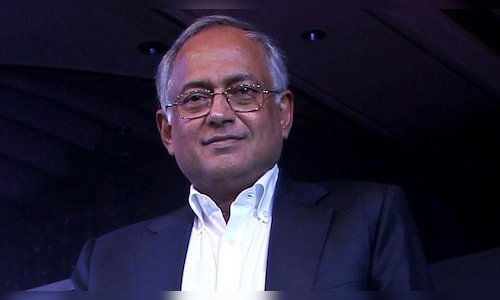Prioritising quality and customer needs is key to success, says Venu Srinivasan

Speaking exclusively to CNBC-TV18, Srinivasan said, “The lesson is that you have to plan for quality first and meet customer requirements first.”
He noted that while there are centres and companies of excellence within the sector, many others struggle with competitiveness. “Quality in Indian manufacturing and services is patchy; we have centres and companies of excellence, but there are a large number of companies which are not competitive,” he stated.
Also Read: Ratan Tata hailed as ‘once in a century’ leader by Venu Srinivasan and Soumitra Bhattacharya
Srinivasan pointed out that achieving a “Viksit Bharat” (Developed India) requires uniform competitiveness across all sectors. “We cannot have a Viksit Bharat where some companies and sectors are competitive and others are not,” he asserted.
Reflecting on the challenges faced by electric vehicle (EV) manufacturers, including Ola Electric, Srinivasan remarked, “Innovation without the guardrails of quality and customer requirements will have problems.”
He acknowledged that innovation drives competition, citing how established players like Bajaj and TVS have responded with their high-quality products. “Every innovation has a problem; Tesla also had problems. Innovators will have problems, but they have to catch up with quality and customer requirements,” he explained.
Srinivasan also addressed the sustainability of subsidies in the EV sector. “Subsidies cannot be the basis on which we can continue forever,” he warned. He believes that within a few years, electric vehicles will be as affordable as internal combustion engine (ICE) vehicles.
He noted the positive impact of battery-operated vehicles in the electric scooter market, predicting that companies like TVS and Bajaj will find ways to grow their EV businesses profitably alongside traditional ICE models.
Looking ahead, Srinivasan noted the urgency for India to establish itself in global value chains (GVCs). He pointed out that India has a much shorter window to achieve this compared to nations like Japan, Korea, and China.
Also Read: TVS Motor shares race to 52-week high as new Jupiter launch leads to target price upgrade
“India has a maximum of 5-10 years to become a reliable provider of food and services of consistent quality across the board,” he concluded.








